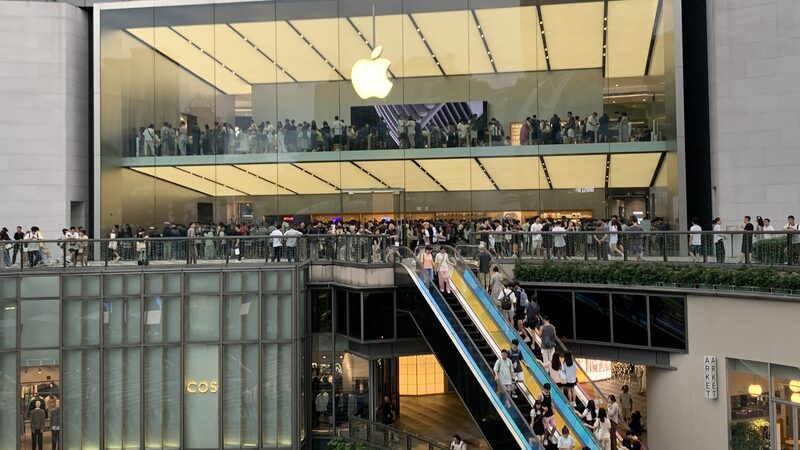Hold onto your AirPods, tech lovers! Apple just dropped its iPhone 16 lineup packed with AI upgrades that'll make Siri feel like your new BFF. 🌟 The new models promise smarter photo editing, titanium builds for Pro users, and a customizable button for camera nerds. Prices? Same as last year’s models—starting at $799. 💸
Why it matters: Apple’s betting big on AI to revive iPhone sales, with features like real-time object recognition and enhanced voice commands rolling out in test mode next month. But there’s a catch—no China AI partner announced yet, just as Huawei preps its tri-fold Z-shaped phone launch. 📱💥
The Apple Watch and AirPods also got glow-ups, including sleep apnea detection and emergency crash alerts. Meanwhile, Huawei’s reportedly racked up 3 million pre-orders for its foldable Mate XT, proving the AI phone wars are heating up. 🔥
But wait… Some fans might hit pause on upgrading until they see how Apple’s AI performs IRL. And European users? They’ll wait longer for features due to regulatory hurdles. 🛑🇪🇺
Apple’s playing catch-up to Google’s live-AI Pixel phones, but with iPhone 15 Pro models also getting AI love soon, the battle for your pocket just got spicy. 🌶️
Reference(s):
cgtn.com






